The Eureka Clusters Programme
The connections between Clusters and with Public Authorities create a stronger whole

Jan Jonker, ITEA Office Director, and Frans Verkaart, former Eureka High-Level Representative at the Dutch Ministry of Economic Affairs and Climate Policy and current Eureka Chief Operations Officer, got together to discuss the future of the Clusters in a changing world. As one of the architects of the ‘new’ Eureka Clusters Programme, Frans is well placed to provide insight on the how, the what and the why.
Need for change
Frans pinpoints the moment of ‘shift’ as being just prior to the Dutch Chairmanship of Eureka, when talk centred around a lack of upward or forward momentum in the interest being shown in the Eureka Clusters. “To put it bluntly, we were witnessing somewhat of a stagnation and some things were not running smoothly. Cause for concern. The Clusters were clearly not always performing as well as they could, and this consensus was apparent among the various High-Level Representatives I spoke with at the time. Something needed to be done to ensure that this valuable asset – the Clusters – could be reinvigorated. After all, Eurostars and the Clusters form the backbone of Eureka. So, following an analysis to identify where the problems lay, the Dutch Chairmanship got to grips with a SWOT analysis undertaken by the UK Chair and began to lay the foundation for a Clusters Programme, primed and ready for the future. Of course, as you might expect, the path of this process encountered a few potholes and cracks, and reservations had to be overcome on the path towards a common position. It took a tremendous effort from everyone to identify the points that needed addressing for us to ultimately say, with conviction, that this is the way forward, the way that will secure the role of the Eureka Clusters in tackling the challenges of the future.”
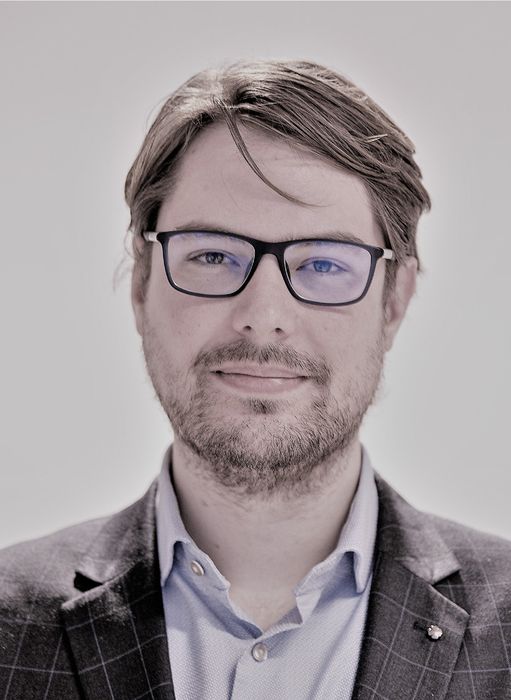
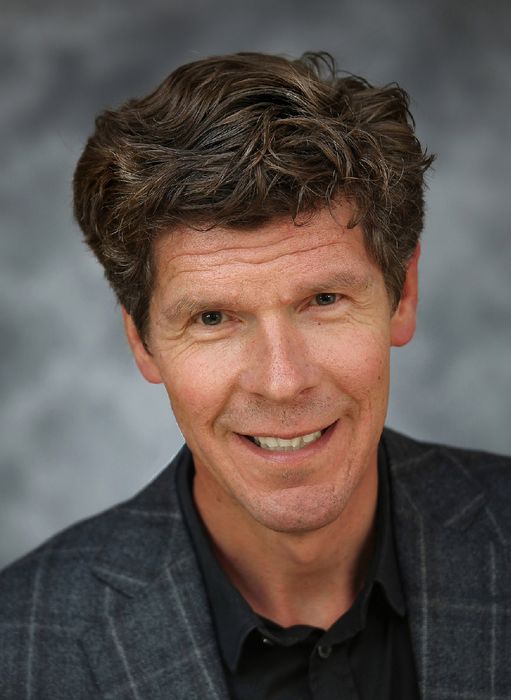
A coherent whole
“And what were those specific points you mention?” Jan asks. “For a start,” says Frans, “there was a funding issue. The ‘lack of’, to be precise. This prompted the question: why was this the case? The culprit appeared to be a lack of coherence between Clusters. In other words, no shared vision or goal. The countries were being presented with a collection of independent Clusters, each with its own secretariat and organisation, but no common whole. When a High-Level Representative is at a loss about where to go within the Eureka network for a specific issue and you are unable to make any clear statements about the identity, coherence and goal of the programme, then that’s a difficult sell to the representatives and industries we want to serve. Secondly, I think we need to initiate a policy shift whereby opportunities can be created for funding by attracting and involving more - and different, players. For instance, take Artificial Intelligence. Individual Clusters do their bit, but as for the joint approach such a topic demands, this was pretty much absent. When a Joint AI call was organised, it was clear there was an appetite for such an approach based on a theme and which attracts funding. So, one, let’s get the story clear; two, let’s get aligned with the peripheral political and policy priorities; three, streamline the public-private interaction at strategic level. This is necessary to remove the fragmentation that existed in the relationship and the communication between the ministries and agencies towards the Clusters. There were too many who, what, where questions. A coherent whole paves the way for a clearer, streamlined relationship between Eureka and the Public Authorities in the various countries, and this is a real opportunity heading towards the future for Eureka to establish the Clusters as a brand and an instrument.”
Identity, alignment, cooperation
“So, to sum it up,” Jan suggests, “it came down to a lack of clustering among the Clusters. This can be said for the Public Authority side, too. So, if the new goal is to create coherence, where do you think we stand in terms of support for the new programme, which has been given the official stamp recently?”
“I think really good progress has been made in forming a common identity. The Cluster Support Group is helping to create coherence among the Clusters,” Frans explains. “There has been a lot of Cluster interaction recently and this has enabled the Clusters to bring focus to their identity and story. There is a very clear vision and mission. A sense of ‘we’ is emerging. To an outsider looking in, the newly developed Annual Operating Plan provides a strong impression of the Eureka Clusters Programme. The next thing is how you align this with the changing political and policy priorities of the different countries. Again, progress has been made here and pilot calls have been set in motion, with a sustainability Call in the offing. Of course, countries have to show their commitment through appropriate funding. The signals I am getting are favourable and it will still take another couple of years before we can draw a conclusion, but I’m hopeful. And the third aspect, public-private cooperation, is also heading in the right direction with a growing sense of ownership, on both sides, for the Programme as a whole and for the future of the Eureka Clusters.”
Greater than the sum of its parts
“We notice within ITEA that collaboration with other Clusters is growing. We each have our own identity, culture and focus in content, of course, but I think we all realise the value of creating a chain of strong links,” Jan adds.
“I agree,” Frans says. “The programme is not about discarding the individual communities but about giving the individual communities a more defined place within the whole. ITEA is a very good example of a Community with a strong industrial base whose collaboration is founded on trust and visionary research. This is all facilitated by a network that enables people to find each other and work together - and is well supported by the ITEA Office. Such elements are very valuable and must be retained. They are the essence of a Cluster community. And the community is part of a broader Eureka whole, working together with other communities and with the Public Authorities. And it’s this link that is vital and lies at the root of the Eureka Clusters Programme.”
Communication is key
Jan: “How do you think we can use the strength of the Cluster committees to enhance this link between them?” “Two years ago, questions such as how do we establish a new Cluster or how do we deal with a new theme were unanswerable, and this occasionally resulted in wrong choices being made. But now the Clusters are organised and this means that new themes and topics can be tackled better, without automatically having to establish a new Cluster. Collaboration between Clusters makes answers and solutions possible.”
Jan confirms this. “That is true. We are communicating more and more with each other. We’re more aware of who does what. From a content perspective, we can identify better which Calls are suitable for bottom-up or joint Calls.” “Indeed,” Frans agrees. “Dialogue – between all the partners – lies at the heart of establishing initiatives. In this way you form a relationship, and through the relationship you create your identity. You can only gain from seeking out and strengthening these relationships. A good example of this is Portugal and its space initiative.” “That’s right,” Jan adds. “At ITEA, we asked what we could do to add value. And among each other, as Clusters, we discussed how we could add something, whether through a Joint Call or whatever. At the end of the day, we want to contribute for the good of our Community, society and our planet. To do that we need to have impact. And to achieve that we need to stimulate innovation. How do Eureka countries view innovation and the impact they want to see from the Clusters? And what can the Eureka Clusters Programme contribute?”
Sustainability
“As a general remark, we are seeing a shift towards more sustainability in society. Mobility, energy, the environment. It’s evident that political choices are taking ever greater account of this in their manifestos. Just look at the growing influence of the Green Party in Germany. I think that this trend will be reflected in the private-public dialogue between Eureka and the Public Authorities, which will result in a win-win. Both in terms of economic value and in terms of sustainability – in what state do we want future generations to inherit the planet? I think that through this programme, the Clusters are better able to provide answers to this question.”
Dialogue based on equality
“The Clusters are driven by a bottom-up approach. Do you see the private-public dialogue as an added pillar that will strengthen the Eureka landscape?” Jan asks. “I think so,” Frans replies. “For me, it’s a matter of building on the dialogue between the parties within a Cluster, between the Clusters themselves and with the Public Authorities. On the basis of equality, Eureka offers the scope for dialogue to be the driver. This is a new point of departure, a cultural shift as it were, that must be developed. I mentioned earlier the example of AI. Dialogue is a much more beneficial driver of response than a purely bottom-up push by a couple of industry players and the establishment of a new Cluster.”
“I understand the programmatic perspective you are coming from. That’s not to say that bottom-up doesn’t have its merits and strong draw for many industry players. Perhaps we should talk more about the concept of l low-threshold accessibility for industry-driven innovation, where the Clusters can really add value,” Jan suggests.
“At project level you want industry and academia to take the lead, of course,” Frans says. “Because that’s where the innovation takes place. It’s at strategic level that the kind of dialogue I’ve been talking about extends and enhances the opportunities for and by the Clusters. I think if we can achieve this, then the Eureka Clusters, whether individually or together, can offer the solutions for the societal challenges of today and tomorrow. The scepticism there was when the Eureka Clusters Programme was first mooted is gradually being replaced by a realisation that the change will enhance the Eureka role and help enable our children to inherit a better Earth.”

Other chapters
Use the arrows to view more chapters
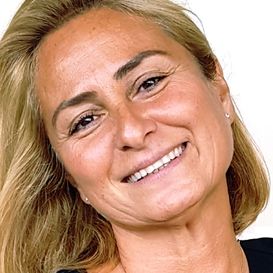
Editorial
By Zeynep Sarılar
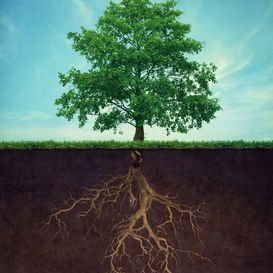
Enhancing from established roots
Achievements and successes of ITEA 3
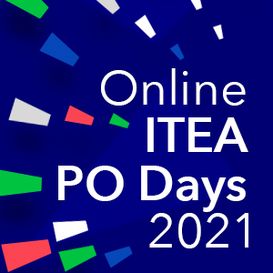
Online ITEA PO Days 2021
By and for the ITEA Community

ITEA Success story: ASSUME
Reducing bugs and false errors to boost efficiency
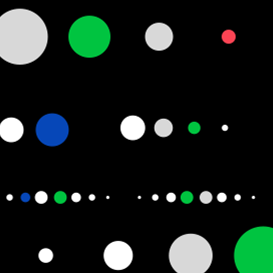
ITEA 4 styling
Fresh, flexible, global and dynamic
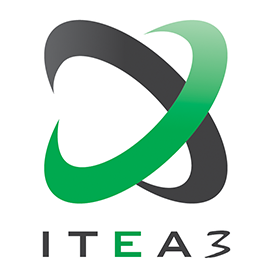
ITEA 3 measured in milestones
Some key moments highlighted

We are ready 4 the future!
The impact plan for ITEA 4

Customers are partners in our mission
ITEA Customer Advisory Boards

ITEA Success story: Reflexion
Nourishing high-tech manufacturing with valuable high-quality data
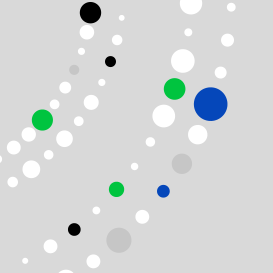
The Eureka Clusters Programme
The connections between Clusters and with Public Authorities create a stronger whole

Smart energy – a new challenge accepted!
Insights on the new ITEA key challenge and the 2021 customer workshop

